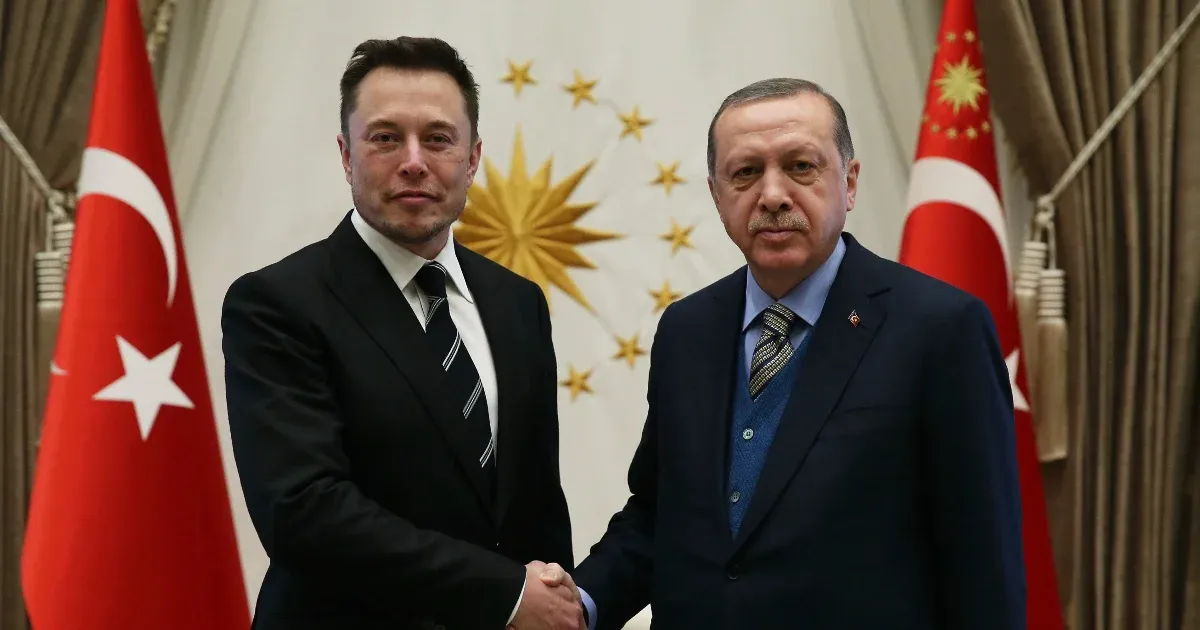Not another day goes by without a Twitter scandal. This time, one of the company’s official channels announced that the availability of certain content was restricted in Turkey. All this a day before the Turkish elections, where for the first time in 20 years the opposition has a real chance to replace President Recep Tayyip Erdogan, who has built an illiberal regime.
Although the censored content was not officially disclosed on demand, owner Elon Musk quickly clarified the situation in an angry post, sending the journalist who raised the issue to a warmer climate:
In the tweet, Musk admits he was virtually blackmailed and gave in: He had the choice of making some content unavailable or blocking Twitter nationwide. Incidentally, this has happened several times, most recently in February of this year, when posts critical of the government took a bit of Twitter after the earthquake – at that time, the major Turkish ISPs blocked the site and the app on a centralized order.
Musk’s move is seen as an acceptable compromise on the part of business, and his critics chalk it up to the fact that when he took over the company, he declared that freedom of speech was the most important thing to him. He criticized the previous leadership a lot for complying with the government’s requests and for censoring them – later It turns outthat since the acquisition, this has become more typical of Twitter’s behavior than it was before.
What should I have done? Musk asked his 140 million followers, and received plenty of answers, eg from Wikipedia founder Jimmy Wales, who said he could have followed suit. In a similar case, Wikipedia resisted the request, taking the case to the Turkish Supreme Court, and eventually winning there.












































